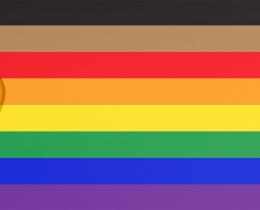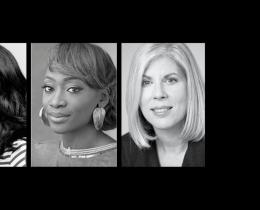What does it mean to be a man or woman today? What will it mean in the future? How can we grow out of old roles that stifle us? How can we move from a culture of violence to a culture of care? How can we transcend what we have now to a world in which we can be fully human—together?
We know that equality benefits everybody. Research shows that the more equal relationships are—whether in families or in workplaces—the more satisfying and productive they are. We also know that, when asked, the goals of young men and young women are almost identical in their desire for fulfillment personally and professionally. Change is underway. In a study by Maria Shriver in partnership with the Center for American progress, women in U.S. homes represented two-thirds of the primary or co-breadwinners, while male partners in recent decades have doubled their amount of housework and tripled the child-care they contribute.
According to the U.S. Census Bureau, same-sex couples, who as of 2010 make up about one percent of all coupled households, are part of the shifting landscape. Women also now comprise 50% of the workforce and according to the Shriver Report, “new research demonstrates that companies that consistently promote women to positions of power and leadership over time and across their operations have greater financial success across a variety of measures.” Old roles and expectations are giving way to new possibilities.
There is a growing consensus that we are, all of us, in this together—at home, at work, and in the world. In the New York Times, Stephanie Coontz asked, "How Can We Help Men? By Helping Women," the Atlantic looked at "Teaching Positive Masculinity" in the work of Tony Porter and Carlos Andrés Gómez, and the Christian Science Monitor featured the work of Mallika Dutt in engaging men to end violence against women.
We are seeing shifts, making way for something new in relationships and in the work of gender reconciliation and emotional justice. We are also creating new ways of valuing each other's contributions at work, breaking down barriers, and changing institutions. Whether we are excited or wary of these changes, or both, it’s a vital time to discuss families, economies, and institutions, and the full gamut of human experience, as well as the work that still needs to be done to achieve equality and create a culture of care. Because however we relate to, define, and identify what it means to be a man or a woman—our humanity comes first.



